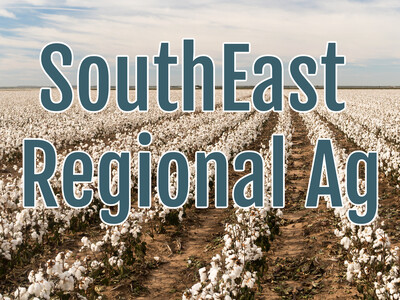Developing More Nutrient-Dense Varieties

Tim Hammerich
News Reporter
Researchers at UC Davis are applying modern plant breeding techniques to increase the amount of fiber in wheat. Sally Rockey says that’s part of a broader trend of food companies looking for more nutrient dense foods. She’s the executive director of the Foundation for Food & Agriculture Research.
Rockey… “Well, many of the food companies are increasingly interested in this. I think we had COVID which really brought this to light and amplified the need to provide nutritious food. And so they're not only incentivizing their producers to increase food, but so supporting the science that will allow us to find those really important traits in food that do increase the nutritional content. So it's really true across the whole value chain or supply chain that we are looking for nutritious food. And it's really an exciting area because scientifically it's very complex and it provides a lot of incentive for scientists to work in this area and really tease out what's going on so we can help producers and the whole supply chain, plus make the public as healthy as they possibly can.”
Rocky says plant breeders have been working on adding more fiber to wheat, but couldn’t maintain the yields. She’s hopeful this time will be different.
Rockey…”They're going about it in a different way, and hopefully in the end they'll get it. And they will be able to provide both the nutritional content as well as the yield for the farmers who produce the wheat.”
Nutrient density is likely to be a growing topic not only in plant breeding, but in farming in general.
















